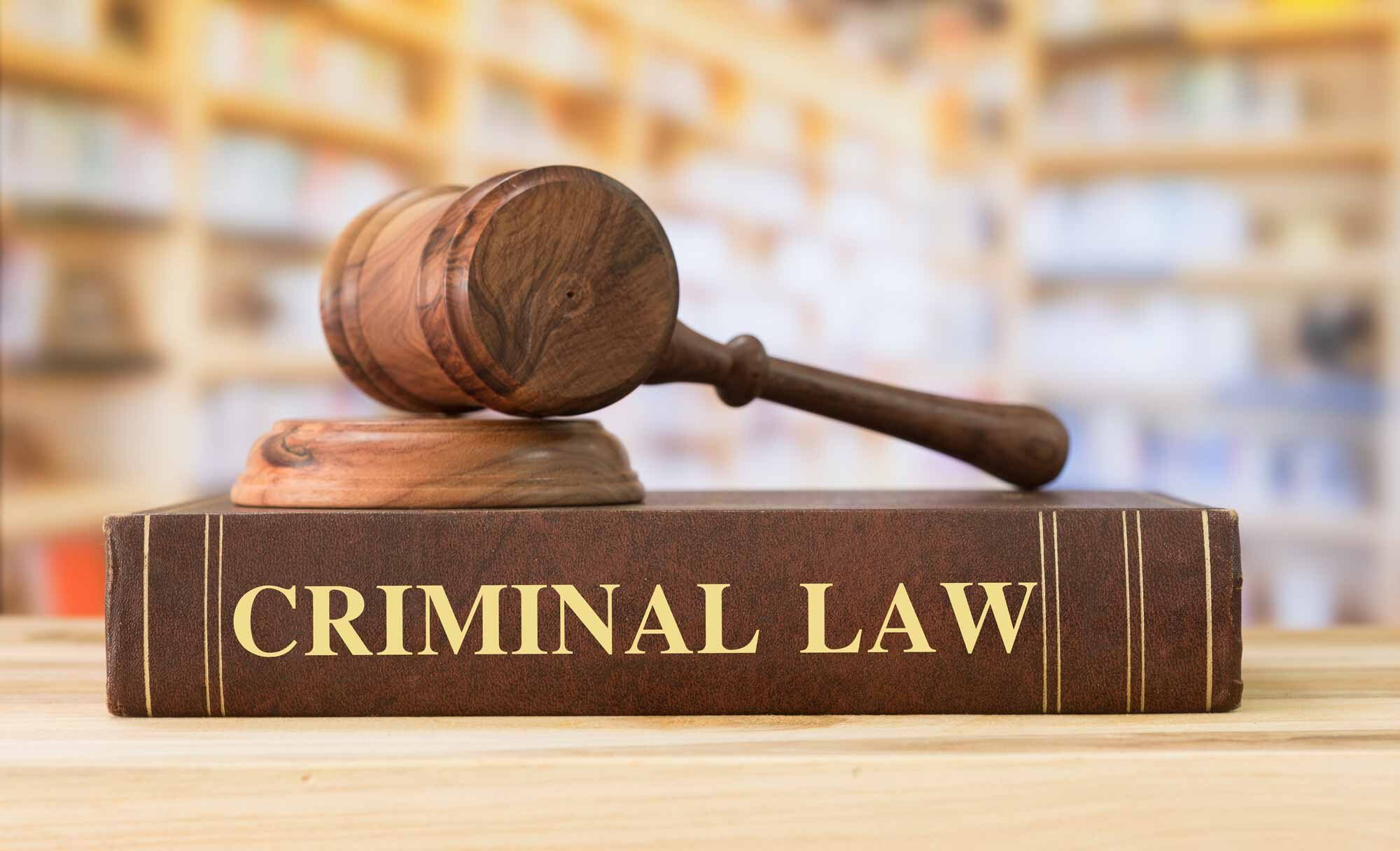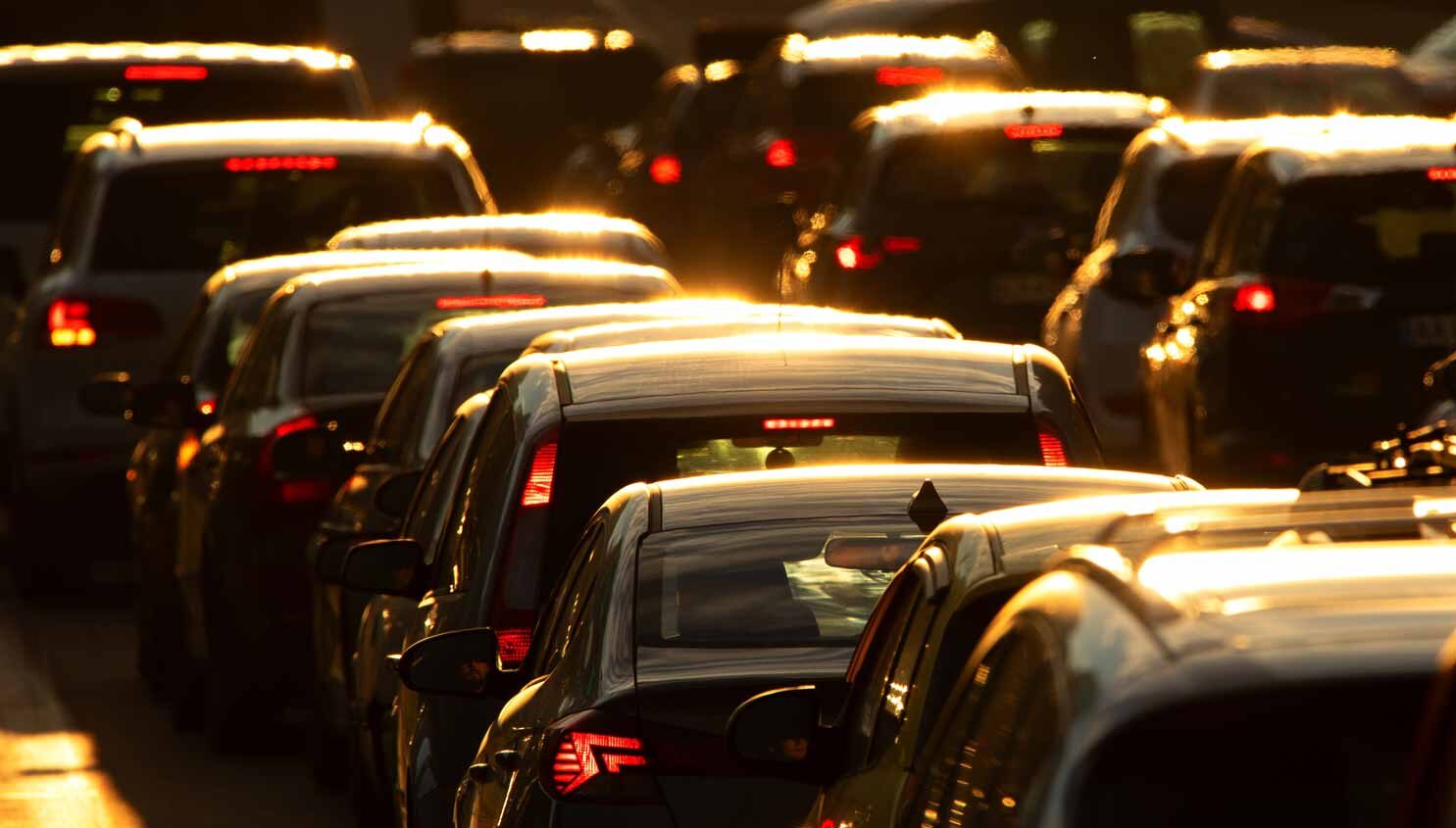Criminal Law & Traffic Law
Our criminal law team can assist if you are arrested or charged with a criminal offence. We can advise you of your legal position and represent you in Court for a range of matters including:
- Driving under the influence / PCA offences
- Other driving and traffic offences
- Drug offences
- Sexual assault, indecent assault, resisting arrest
- Domestic violence / Apprehended Personal Violence Orders (APVOs) and Apprehended Domestic Violence Orders (ADVOs)
- Bail applications

Traffic and driving offences
Traffic offences range from minor to serious offences that could result in significant penalties including heavy fines, loss of licence and even a prison sentence.
Common traffic offences include registration and licensing matters (driving unlicensed or whilst disqualified or suspended), driving under the influence (DUI), prescribed concentration of alcohol charges (PCA), speeding, dangerous driving, negligent driving, RMS demerit points and habitual offender offences.
Drink Driving Penalties – NSW
Driving under the influence of alcohol is an offence. The limits are a Prescribed Concentration of Alcohol (PCA) reading of .05 or above, or .02 or above for drivers of certain heavy vehicles or vehicles carrying dangerous goods. Learner-drivers or P-plate holders have a Zero alcohol limit.
If a person is convicted of a drink-driving offence, there is an automatic period of disqualification during which they cannot hold a licence. The penalties imposed depend on the PCA reading and whether the person is a first-time offender or has had a previous offence or offences.

These readings are generally referred to as:
- Low Range PCA
- Mid Range PCA
- High Range PCA
The penalty relates to the level of alcohol revealed in the blood test, but there is a range, and ultimately the magistrate decides on which penalty will apply.
Drivers convicted of an offence for low-range PCA (readings from 0.05 to less than 0.08) for the first time, can now have their licences immediately disqualified for three months. These laws were recently introduced to reflect the Government’s zero-tolerance approach to drink-driving. Offenders may still have the matter heard in Court and appeal a suspension however should obtain legal advice, as longer disqualification periods and higher penalties may be applied.
Going to Court
The outcome of a traffic matter may be improved by ensuring the person facing Court is properly informed. Being legally represented can help you to prepare for Court and better equip you to answer the charges.
Traffic offences generally have an automatic disqualification period and a minimum disqualification period. The automatic disqualification operates as a ‘default’ and may be reduced (depending on the type of offence) and provided there is sufficient cause to do so.

This means putting a case (submissions) to the Court and providing supporting material such as:
- details of your character, work history and family circumstances including involvement in the community;
- whether there are medical issues relevant to the offending behaviour or other plausible reasons for having committed the offence;
- your reliance on a driver’s licence for work or other reasons such as a need for ongoing medical treatment, and the impact the loss of a licence has or will have on your future;
- whether you have prior criminal convictions;
- a reference from a respected person who can vouch for your character, is aware of the charges being made and addresses specific aspects of the matter in light of the circumstances;
- details of attendance at programs such as the Magistrates Early Referral into Treatment or Traffic Offender Intervention Program, if relevant.
If you need any assistance contact one of our lawyers at general@thurlowfisher.com.au or call (02) 9708 2222 for a no-obligation discussion and for expert legal advice.